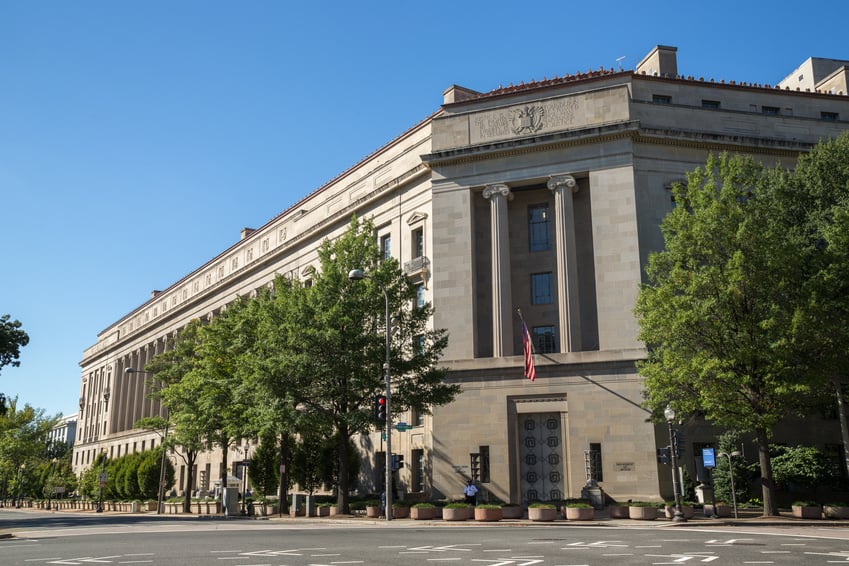The United States is one of the most active countries in investigating so-called “unfair pricing” in the form of dumping or subsidization by foreign countries. In the past three years, the United States has initiated five investigations against imports from Brazil, having very recently initiated a case involving brass rods. Brazilian producers/exporters should be aware of the US activity in the antidumping and anti-subsidy space and, where there is a risk of such an action targeting a company’s exports from Brazil to the United States, consider taking steps to prepare in advance and implement a global trade remedies compliance, prevention, and action strategy.
On November 18, 2022, the US Department of Commerce (DOC) published a notice of a proposed change to its particular market situation (PMS) methodology.
Since the 2015 expansion of the DOC’s PMS authority, the DOC has been using the PMS methodology in the calculation of antidumping duty rates when it considers that there is a market distortion in the exporting country under investigation, such as the availability of low-priced energy, which reduces exporters’ costs of production.

